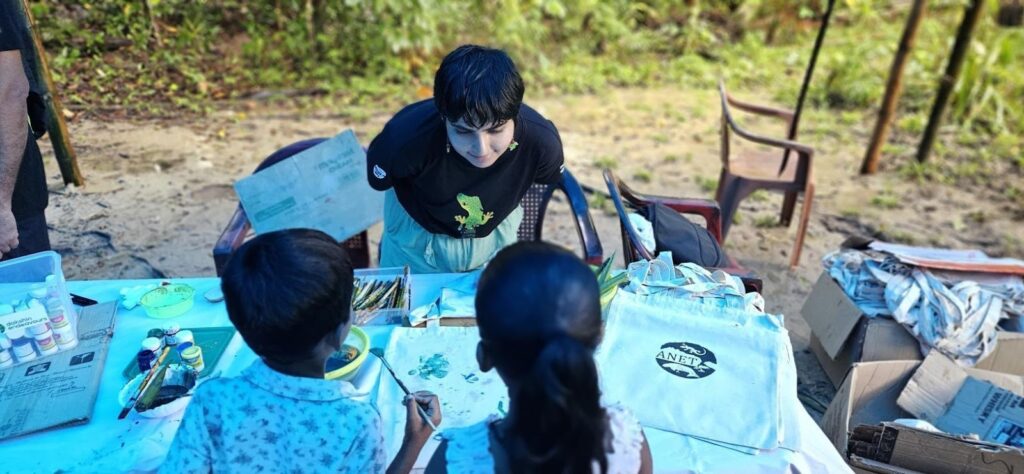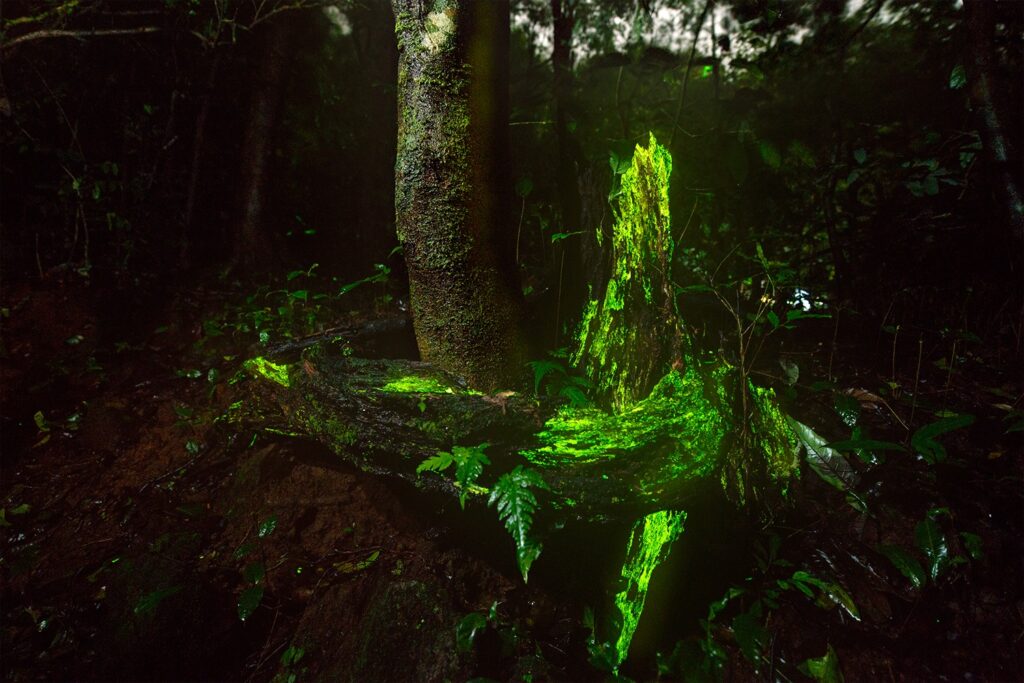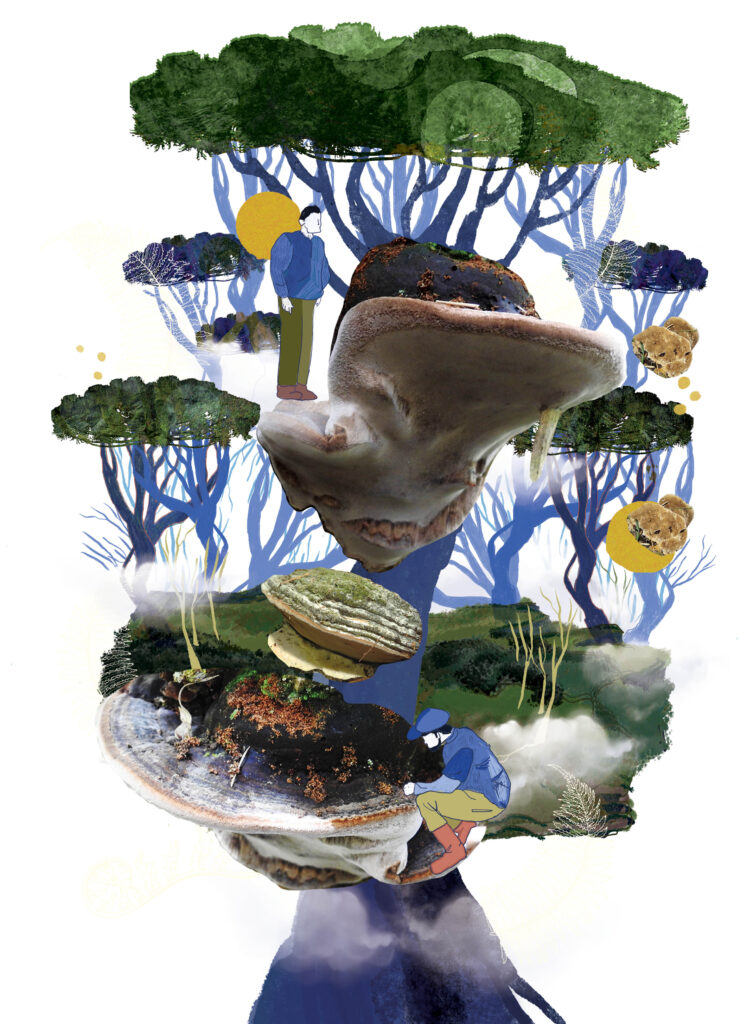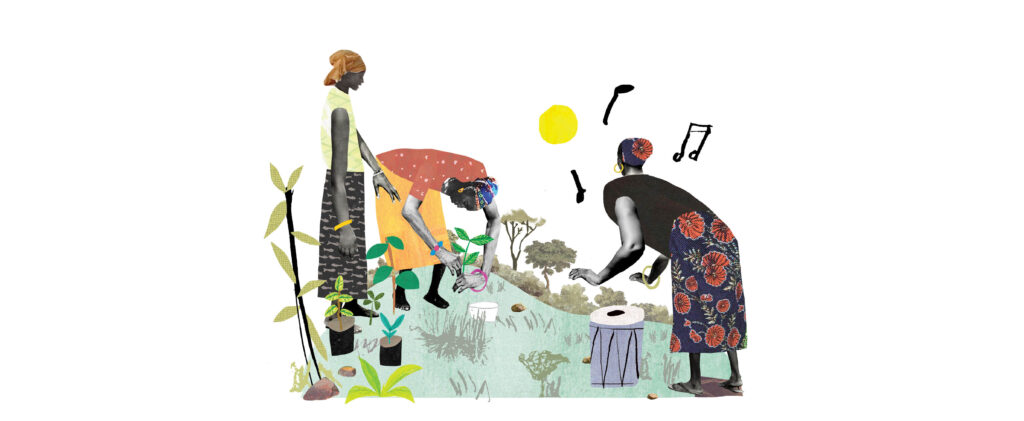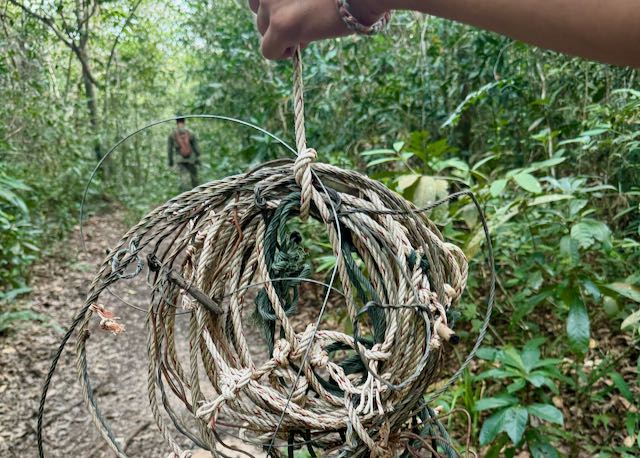Ecology is sometimes thought of as a bourgeois profession; one that only the middle class and above can have the luxury of seriously considering as a career. And this might well be true. Maybe ‘saving the world’ is a luxury for those who can afford it. Many ecologists indeed feel passionate about what we do because at some level we are thinking about the Earth’s well-being. And there is always an acknowledgment that this profession isn’t about making money – you won’t make money. It takes near-impossible resolve to keep this mindset if you are penniless. But I never could quite put my finger on why I could earn 10 times as much driving a truck than I ever would as an ecologist with over 10 years of post-high school education. I realised one day when I was in the field that it’s for two main reasons: we have curiously explored the little secrets that make animals work the way they do, and tried to uncover new knowledge of how animals interact with their environments. And we often get to do this by exploring places most others don’t get to see. This professional curiosity in often remote places cultivates an awe for the natural world.
It’s far from glamorous once you get down to it – you might literally wade through cow dung or get swarmed by 100 ticks at once (itch for months), get deported, and go to other insane lengths to see these things (some, or all, of these, might have been my real-life experiences). But at the end of it all, I don’t just get to see the Milky Way light a path through the universe. I see the Milky Way in Arizona at 2 am after my shift watching a wild hummingbird sleep.
I followed gibbons in the forests of Northeast India, watched a king cobra devouring a rat snake in the wild, and studied nesting hornbills, in the Western Ghats of India. I held transparent butterflies and woke up, for months, to a cloud forest valley bathed in clouds in Ecuador. I saw penguins near the equator in the Galapagos, and blue-footed boobies. The majestic Swiss Alps in the snowy warmth of the spring; the breath-taking Himalayas, their dizzying heights leaving me literally breathless. The caressing, windy, confusing, warmth of the high Andes, with its bluer-than-blue skies. This has been my past 10 years – a self- proclaimed city girl.
How lucky am I? This is not altruism – I am selfish. I want to continue to be able to see these things. This profession satiates my curiosity, and quenches my need to experience the Earth as it should be – less polluted. This Earth is marvelous. Its diversity moves me to tears. I am amazed by it. How much you can see and learn if you stop and observe the world around you!
Many ecologists enter the profession because they want to get away from people. But to be successful in the field, you come to realise that the key lies in the opposite, in working well with other people. There is no way we can save our wild places simply by roaming them; we need to reach across disciplines and work with people to solve the problems humans have created. We must lead by example to continue having the chance to experience our wilderness. One way is to have compassionate conversations with others who think differently from us. To gently bring up questions about our lifestyles. How much stuff do we actually need to own and use? How much plastic and oil and land and fish and clothes and straws… at what cost? What do you or I, or all of us, really need, to be content? How much is enough?
I know this is cliché, but our Earth really is the only one of its kind that we know of. On one rock in the universe we know of, there are giraffes, blue whales, giant smelly flowers, microscopic and indestructible tardigrades, some ten thousand flying, feathered, colorful things we call birds. There are green leafy things that don’t move (much) and act like our planet’s lungs. This concept, of our blue-green planet, continues to astound me. I want its diversity to continue existing, for my selfish current self, and for the future. There are over seven billion of us humans, and I am sure we can come up with ways to make it happen if we put our heads together. Let us open our minds, work with engineers and architects, painters and children, to keep our disappearing diversity from slipping away.
Thank you,
A city-dwelling forest lover

